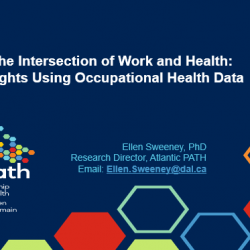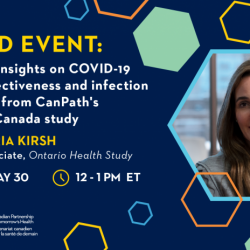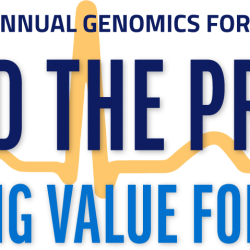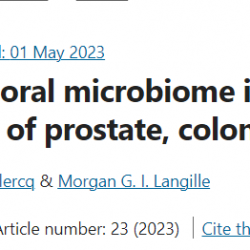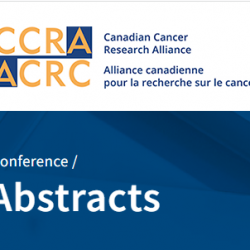CanPath transforming data access to unlock its full potential to improve health
“New funding from Genome Canada will help CanPath build a cloud-based platform to equip researchers to understand the drivers of health and disease in Canada. Inside an unprecedented collection of health data from more than 330,000 Canadians are clues to understanding why people develop disease and how to prevent it. And a new project to improve how researchers access that data could lead to a future where Canadians get better, more personalized treatments for diseases like cancer.” CanPath is the “country’s largest population health study. Bringing together data from seven regional cohorts across 10 provinces, CanPath is a tremendous scientific resource of health, genomic and other data from about one in 100 Canadians. Now, CanPath is set to transform how it shares this data with researchers. Thanks to a $6.2 million grant from Genome Canada, CanPath is building a ‘trusted research environment,’ a secure cloud-based platform where researchers can access and analyze data all in one place.” ““This has the potential to be a game changer, both for CanPath’s long-term sustainability and the future of health research and healthcare in Canada,” says Dr. John McLaughlin, CanPath’s Executive Director and Professor of Epidemiology at the University of Toronto.” Full press release from the Ontario Institute for Cancer Research: https://oicr.on.ca/canpath-transforming-data-access-to-unlock-its-full-potential-to-improve-health/




